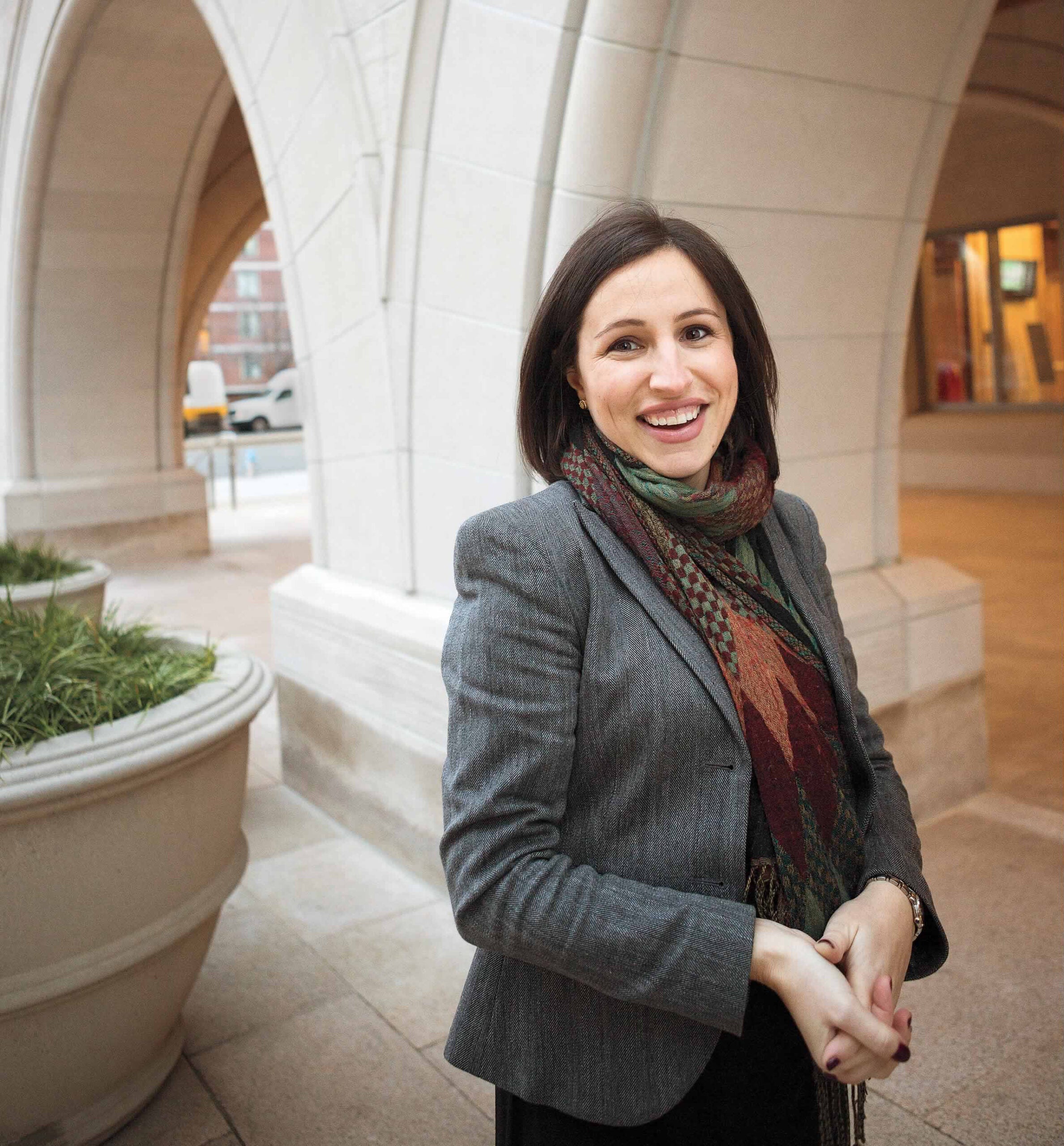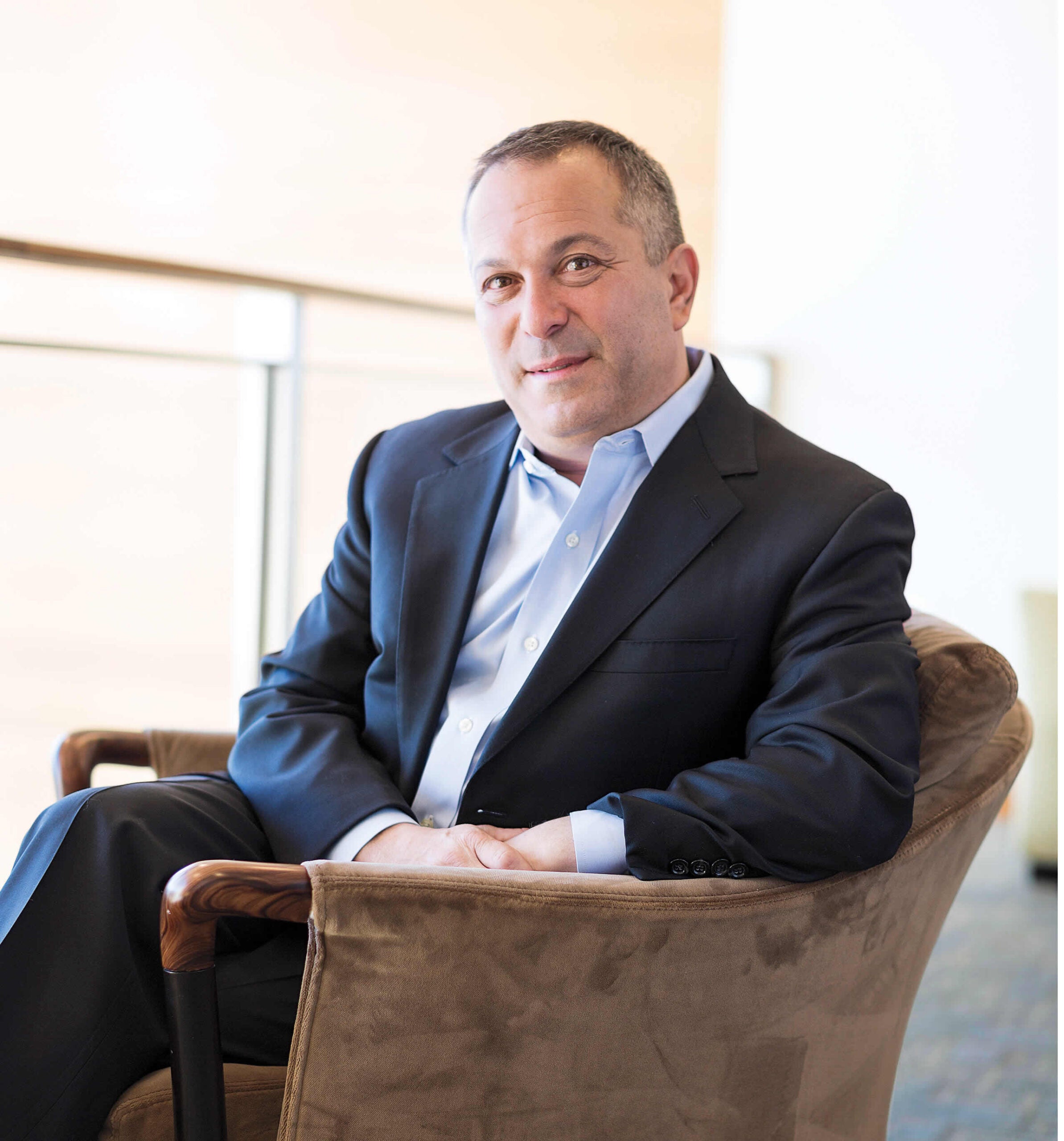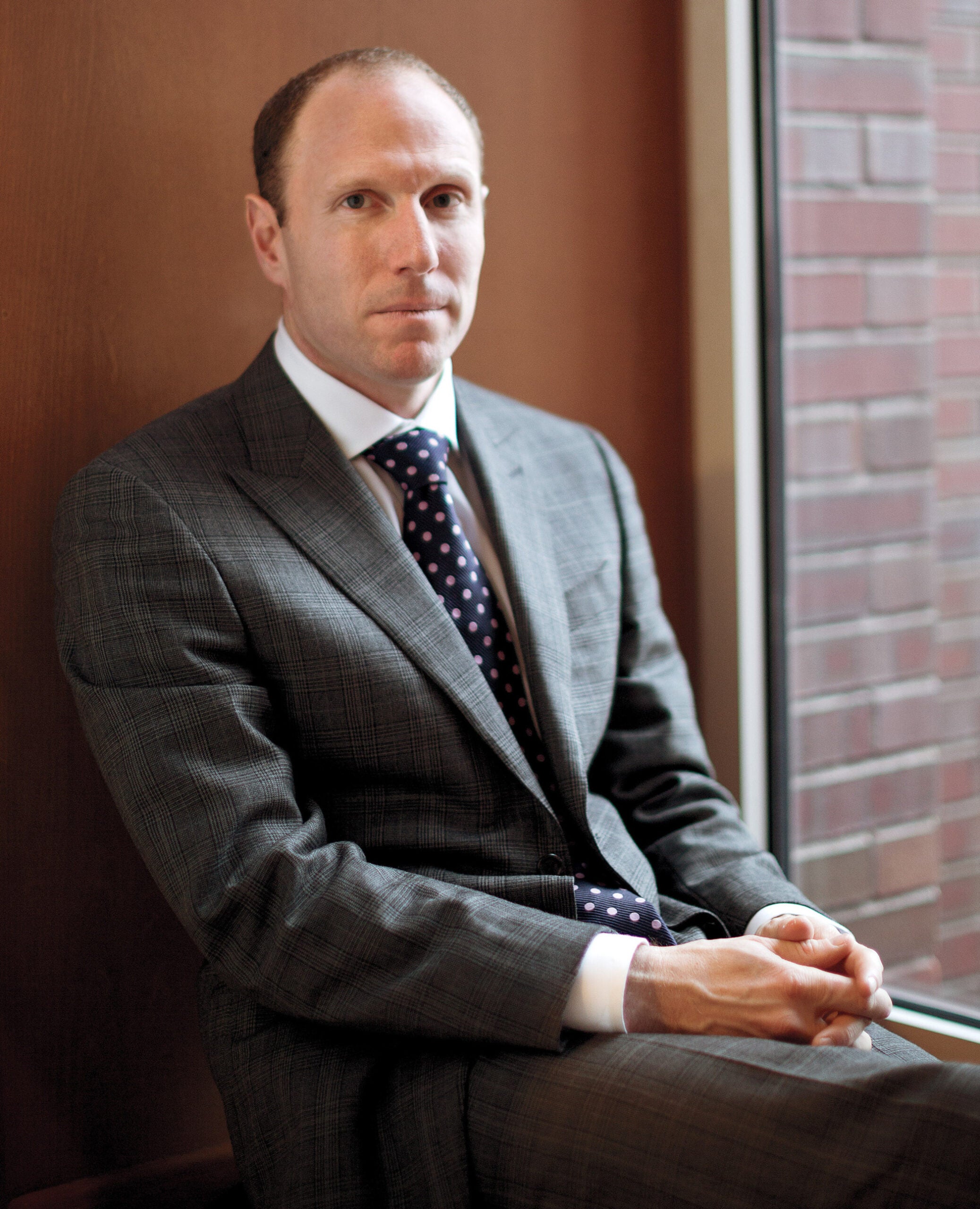The next time you are in a supermarket, or perusing a restaurant menu, consider the following:
- Those “sell by” and “best by” dates on the food you buy have no relationship to safety and aren’t even federally regulated, contributing to Americans throwing away 160 billion pounds of food each year—at a time when one in six people doesn’t know where the next meal is coming from.
- The world’s biggest producer of pork was recently purchased by a Chinese company with a troubling history when it comes to food safety.
- The obesity and diabetes epidemics are at critical levels, not just in the U.S., but worldwide.
- There is so much controversy over the safety of genetically modified foods and those with chemical additives that some countries are rejecting American-grown products.
- Agribusiness and the meat industry are polluting the air and groundwater.
- Food workers, many toiling in dangerous conditions, often don’t earn enough to feed their own families.
With more and more people deeply concerned about what they’re eating and what it means for our health, the economy, the environment, social justice, and even national security, Harvard Law School has created a new focus on food law, a nascent area just a few years ago that now is poised to become influential in every area of our lives.

“Food law provides incredible opportunities in a field where the skills of attorneys are so desperately needed,” says Emily Broad Leib ’08, co-founder and director of the HLS Food Law and Policy Clinic, which started in 2010 as the first legal clinic of its kind in the country and has now become a national leader.
Recognizing the enormous demand for research and legal guidance in this area, HLS has also launched the Food Law Lab this year under the direction of Professor Jacob E. Gersen, an expert in constitutional and administrative law, who teaches a seminar on the regulation of food. The lab, which is part of the Petrie-Flom Center for Health Law Policy, Biotechnology, and Bioethics, will be a locus for research, scholarship and teaching on the legal regulation of food, he says. It will complement and collaborate with new and related initiatives at HLS, including the Food Law and Policy Clinic, which provides students with client-based projects around the country.
“I have a rough sense that in the next decade, food law will become as big as environmental law,” predicts Gersen, adding, “In terms of sheer volume and variety of legal happenings, the field is quite vibrant right now.” There are important new laws including the Food Safety Modernization Act, and last term, the U.S. Supreme Court addressed the controversial issue of genetically modified seeds in a dispute between a farmer and agri-giant Monsanto. State and local governments are grappling with food regulation and related concerns, such as New York City’s effort to ban supersize sodas. More and more, there are trade and other international implications for our food system, and concerns about the potential for bioterrorism and agri-terrorism as foreign companies purchase American food producers. And, as the world’s population continues to explode and nations compete for food supplies, national security will be increasingly implicated.
“Food is at the intersection of all these issues everyone is thinking about,” says Broad Leib. The clinic’s expertise is so urgently needed—students are working on more than 18 projects for clients around the country—that phone calls pour in daily from legislators, teachers, health care workers, farmers, and others from such places as China, Ireland, and Bolivia.
The clinic’s work gained widespread media attention with September’s release of a report, “The Dating Game: How Confusing Food Date Labels Lead to Food Waste in America,” co-written with the Natural Resources Defense Council. Featured on the “Today” show and in The Wall Street Journal, the Los Angeles Times, The Washington Post, Forbes, and other major news outlets, the report reveals what it calls “a superbly kept secret” that contributes to billions of pounds of edible food being wasted each year: namely, that the dates on food labels have no relationship to whether the food is safe to eat. “We are thrilled” with the response, says Broad Leib, who hopes to spark the kind of legislative reform in food labeling that the report recommends.

At HLS, food law is a hot topic. Gersen’s food regulation course is popular, as is a winter term course on the Food and Drug Administration, taught every January for the past 20 years by Peter Barton Hutt ’59, one of the foremost experts on the FDA. Gersen leads a 1L reading group on food law that includes Upton Sinclair’s classic exposé, “The Jungle,” and Broad Leib leads an upper-level interdisciplinary reading group that includes students from the Harvard School of Public Health. She and HLS Clinical Professor Robert Greenwald, director of the HLS Center for Health Law and Policy Innovation, of which the food clinic is part, teach Food: A Health Law and Policy Seminar. Both their class and the related clinic were oversubscribed this fall semester. So many law students and lawyers, from both HLS and elsewhere, hope to work in this field that the clinic and a related student group, the Harvard Food Law Society, publish an annual guide to careers in food law and policy, a list growing longer each year.
“We ask students why they’re interested in this area, and so many say that when they look at what their grandparents ate and what we’re eating now, they’re flabbergasted at the direction we’ve come in,” says Broad Leib, who first became involved in this field while working in the Mississippi Delta as the inaugural joint HLS/Mississippi State University Delta Fellow in 2008. “A lot of our students come from states like North Carolina and Louisiana, where they are concerned with both obesity and food insecurity,” and the lack of access to healthy food, especially among low-income people. Students also are concerned about the ethics of the food industry, including its environmental impact and the treatment of animals and workers. International students mention food safety scandals in their countries and concerns about the globalization of fast food, which is exporting the obesity and diabetes crises in the U.S. to other countries.

The global population explosion and the growing demand in places like China and India for resource-intensive animal protein are a “double whammy” for the existing food system, says José Alvarez, former CEO of Stop & Shop, who teaches in the agribusiness program at Harvard Business School and is collaborating with Broad Leib. Facing the potential for a massive food shortage in the future, China is purchasing land in Latin America and Africa to feed its people, he adds, noting, “There’s starting to become a fight for land that’ll probably be a stronger fight over time.”
The broad range of concerns about food has spurred the locavore, organic and sustainable-food movements, which are gaining momentum. While interest in organics began in the 1970s, a reinvigorated call to arms was issued in 2001 with Eric Schlosser’s “Fast Food Nation: The Dark Side of the All-American Meal,” which revealed deeply troubling aspects of the American fast-food industry, including low wages for service workers, chemical additives in food and marketing to children. The modern food movement accelerated with Michael Pollan’s books, including “The Omnivore’s Dilemma,” published in 2006, which blamed modern agribusiness for health problems related to poor diet in the U.S. Today, the evidence of public concern is overwhelming: countless food-related blogs, a dedicated writer on food and marketing at The New York Times, initiatives by first lady Michelle Obama ’88 to fight childhood obesity (see interview), former Mayor Michael Bloomberg’s panoply of efforts to encourage healthier living among New Yorkers—and across the country, more grocery stores, restaurants, even convenience stores touting healthier foods in response to consumer demand.
I think we’re looking at a time when people are becoming more aware that a lot of our problems today go back to our food system, which has pretty major flaws,” says Ona Balkus J.D./M.P.H. ’13, a former clinical student and now a fellow at the food clinic through a grant from the HLS Public Service Venture Fund. She is working with food policy councils in Mississippi and Rhode Island to develop legislative agendas to improve the food systems in those states. “With a lot of our serious environmental problems, if you ask what’s causing pollution, you realize, ‘Oh, it’s our food system,’” she says. “Or when you ask why there’s so much child obesity or adult disease, or a food-borne illness outbreak, ‘Oh, there’s a problem with our food system.’”
While working on economic development in the Delta, one of the poorest regions in the country, Broad Leib witnessed the direct connection between the economy and issues of food accessibility, obesity, and health. Under her direction, HLS students worked pro bono to draft six new bills, passed into law in Mississippi, to make healthy food more accessible, especially for low-income people.
In 2010, she returned to Cambridge to launch the clinic within the Center for Health Law and Policy Innovation, a longtime national leader in advocating for access to health care for low-income people with communicable diseases such as HIV/AIDS. Moving into food law was a natural evolution for the center, says Greenwald, the center’s founder. Today, many public health advocates are focused on diseases such as diabetes that are connected to diet, and the HLS center is attracting millions of dollars in grants. “I really think that ultimately we’re building the infrastructure for a long-term and sustainable movement to truly transform both what we produce and what we eat,” adds Greenwald. “Our food production system is not sustainable in terms of the environment and public health, in that we have malnutrition in the face of obesity. We want to be at the forefront and help guide this transformation.” Broad Leib, who travels the country speaking on food-related panels, is overseeing an anti-obesity project in Massachusetts schools; advising the city of Boston on ordinances related to both food trucks and urban agriculture; advising the city of Memphis, Tenn., on reforming its food safety laws; and assisting the Navajo Nation and the Appalachian region, whose low-income populations have high rates of diet-related diseases. HLS students in the food clinic currently are working on a wide variety of projects, including helping state food councils develop legislative agendas, helping farmers’ markets overcome regulatory barriers so they can sell more of their products, farm-to-school initiatives and more. And the clinic is leveraging Harvard’s expertise by partnering on projects with the medical school, business school and school of public health.
“Because there are a lot of issues at play—legal, environmental, psychological, sociological, public health, epidemiological, economic, biostatistical, agricultural—there are a host of people interested,” says Emilie Aguirre ’13. Now in the U.K. on Fulbright and Knox fellowships, Aguirre is focusing on the impacts of the EU Common Agricultural Policy on obesity and nutrition outcomes in the region, work that grew out of projects she did as a clinical student. “The field is becoming increasingly multidisciplinary,” she says, “which is going to be key to formulating solutions.”
But policymakers are lagging behind the problem, says José Alvarez. He blames vested interests and a dysfunctional Congress, but also points to the fact that, while people are focused on the food system, it’s not a top priority. “I think because there hasn’t really been any kind of food crisis in a very long time, people say, ‘It all works. Why do we want to get riled up?’” he adds.
Still, there has been significant progress in a relatively short time, including getting public schools and after-school programs to provide healthier foods to kids, says Dr. Charles Deutsch, deputy director of the Harvard Catalyst Community Health Innovation and Research Program, which launched a childhood obesity initiative last year and is working with the HLS food clinic on projects. And some corporations, notably PepsiCo, are putting a real focus on offering healthier options, if only because consumers are demanding it, he adds.
At the same time, some visionaries are taking matters into their own hands. Doug Rauch, the former president of Trader Joe’s who first alerted Broad Leib to the food-labeling problem and has been a client of the clinic, is trying a grand experiment called the Daily Table to help primarily low-income, inner-city people get healthier food by opening a hybrid grocery store/restaurant in Boston that will sell food that is past its stated expiration date but is still safe and edible. In the Netherlands, a group is working on growing beef from the stem cells of cows, which would take animals out of the “meat-production process” and end a tremendous amount of related pollution, Alvarez notes. And there are entrepreneurs working on new kinds of irrigation, greenhouses and farm-management systems to address the problems of our current food system.
For Gersen, all of this activity confirms the purpose of the Food Law Lab. “It’s where experimental work will be done, a center of gravity for a research agenda where we are trying to produce knowledge and push the bounds of knowledge,” he says. “The early gestation phase of a new idea is my favorite part, and the law school support has been terrific. I’m tremendously excited.” He adds, “Of all the things I work on—and there are lots of things I work on and like—this is honestly the only one people want to talk about.”
